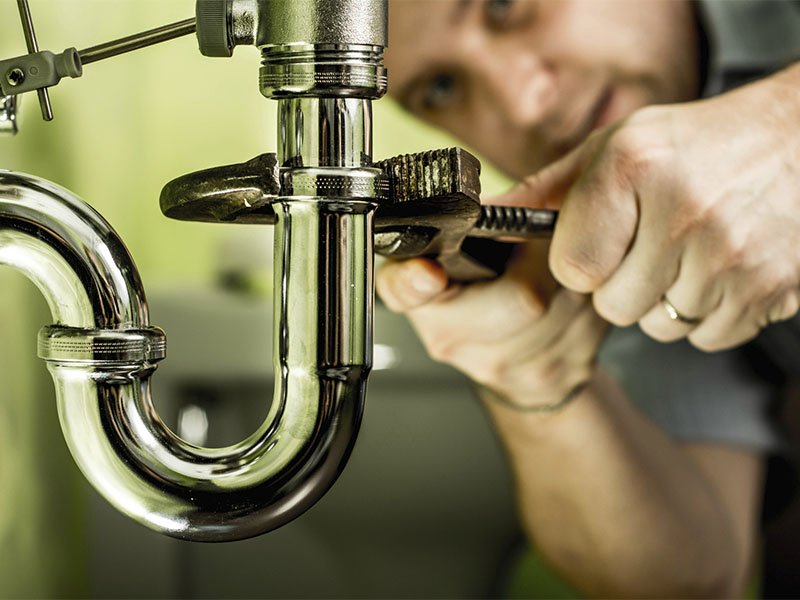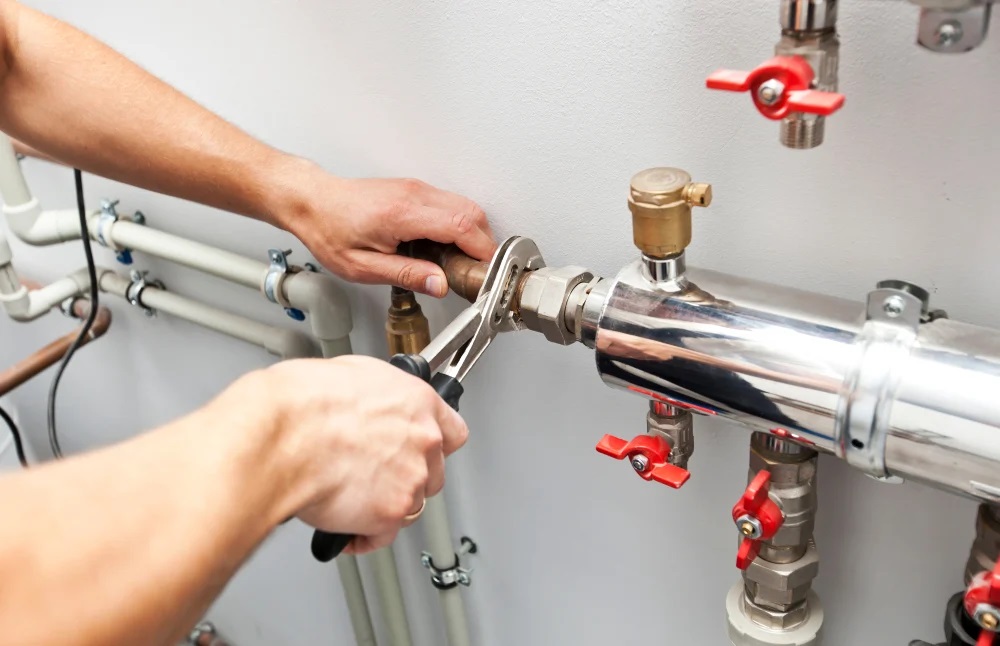Your home’s plumbing includes everything from your main water line, to the sinks, toilets, showers, and even the gas line. It’s hard to imagine yourself in a situation where any of these areas of your home become a disaster, but it happens. So, if you find yourself in the middle of a plumbing emergency, what should you do?
What Is A Plumbing Emergency?
Plumbing problems can disrupt your life, but not every situation is considered an emergency. It’s normal for a home to experience leaky faucets, clogged drains, and low water pressure for a variety of reasons. While any plumbing issue can certainly cause a headache, most are easy to address. Unfortunately, major issues can become so severe that you risk water damage to your home, or become vulnerable to hazardous living conditions. This occurs when you experience a gas leak, sewage backup, burst pipe, or heavy water loss. These are situations you need to address right away for the health and safety of you and your family. So, how should you respond in an emergency? Stay calm, and follow these steps.
Step 1: Turn Off The Water Supply
Depending on your situation, you have two options. If the problem is isolated to a single source, such as a sink or toilet, turning off the supply valve might do the trick. This way, you will still have access to water throughout the rest of your home. If that doesn’t fix it, you are having trouble locating the problem, or the source is coming from somewhere else, you may need to turn off your main water supply from the exterior of your home. You won’t have any running water, but this temporary fix will help prevent further damage.

Step 2: Turn Off Your Water Heater
Even if your hot water heater is fine, you should consider turning it off for the time being. If you had to turn the main water supply off, your water heater is no longer receiving any water. By turning it off, you prevent the risk of overheating since there is nothing for it to heat. Just remember, if you have a gas water heater, turn off the gas first.
Step 3: Address Any Minor Leaks
Inspect your home’s plumbing for any minor leaks. A well-stocked toolbox should include plumber’s tape, so if you have any, you can use it to seal off any leaks you find. Use buckets to catch any dripping water and protect cabinetry and flooring from water damage. As you discover leaks, make a note of them so you can give the information to your plumber.
Step 4: Release The Water In The Pipes
After you have adequately assessed your situation, you need to release the water left in your pipes. (If you didn’t turn off the main valve, you can skip this step.) Simply turn on your outside water hose spigot and allow the water to drain away from your home. This could take several minutes. If you suspect a clog, do not use any chemical cleaners for your pipes at this time. You won’t be able to wash it away, so you could risk damaging your pipes instead of clearing them.

Step 5: Call An Emergency Plumber
By now, you should have gained some control over your situation. Even though it may feel less chaotic, you need to take action to fix the problem right away. Call a reputable plumber who offers emergency services and can help you figure out how to move forward. If you’re looking for a plumber in Santa Clarita, you can get the plumbing services you need 24/7. Toilets, water pipes, and sewer lines don’t break on our schedules. That’s why it’s important to partner with a plumber who will work with you in all circumstances.
Step 6: Clean Up As Much As You Can
Cleaning up goes for both you and your home. Some plumbing issues can become unsanitary, so don’t forget to change clothes and shower—even if you have to go to a friend’s house. If a burst pipe left behind standing water or debris, try to get the area cleared away as much as possible before the plumber arrives. This will make the work go smoothly and potentially save you money in labor costs.
By taking swift action, you can make sure you are protecting yourself and your family. Depending on the extent of the damage, you can also consider contacting your insurance adjuster to find out if filing a claim is necessary. In some situations, it may help offset some of the expenses for major repairs.






